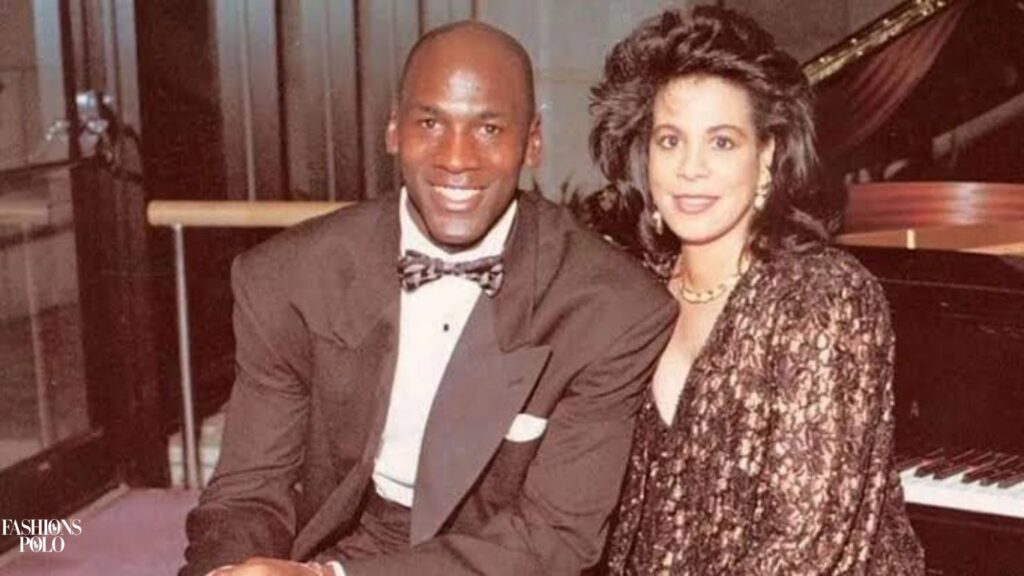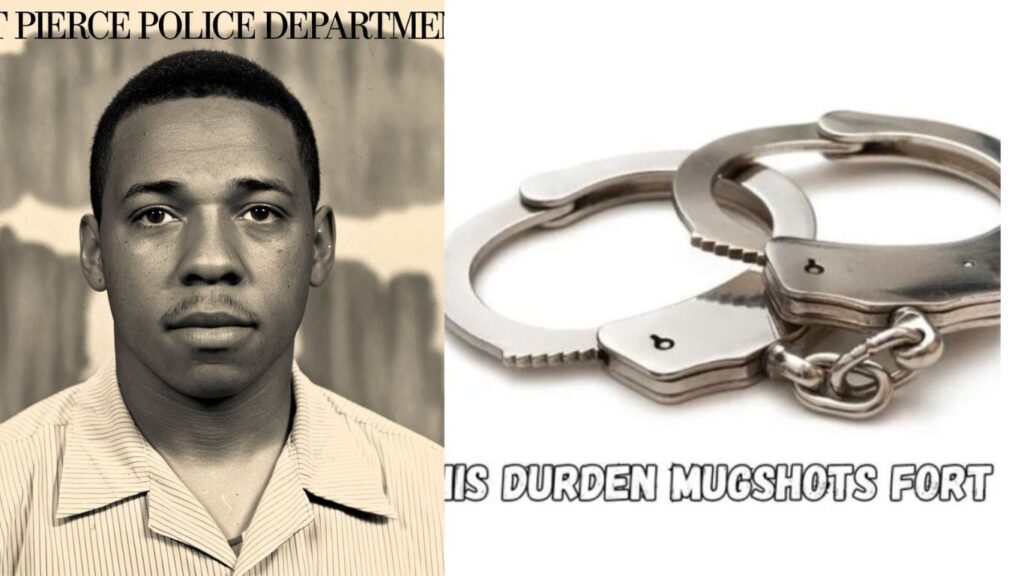Dennis Durden is a Fort Pierce resident. He gained attention recently. His mugshot circulated online. Durden’s background is unclear. He’s not a public figure. His arrest sparked local interest. Details about his personal life are limited. The circumstances of his arrest remain under scrutiny. Durden’s case highlights broader issues. It raises questions about privacy. Public records are now being debated. His situation is not unique. Many face similar challenges. The impact of public mugshots is significant.
What Are Mugshots and Why Are They Public?
Mugshots are police photographs. They’re taken during arrests. These images serve a purpose. They help identify suspects. Law enforcement uses them. Mugshots are often public records. This practice has a long history.
It’s rooted in transparency. The idea is public safety. Open records laws support this. Many argue it’s necessary. Others question the practice. Mugshots can be easily accessed. They’re often online now. This raises new concerns. The internet has changed things. Mugshots spread quickly. They can have lasting effects.
The Legal Process: From Arrest to Mugshots
Arrests trigger a process. It starts with booking. Fingerprints are taken. Then comes the mugshot. This happens before charging. It’s a standard procedure. The legal system moves forward. Charges may or may not follow.
Mugshots become part of records. They’re often publicly available. This varies by jurisdiction. Some places restrict access. Others make them easily available. The process is controversial. It affects the accused. Many argue it’s unfair. Innocence isn’t always clear. Yet, mugshots persist online. The legal debate continues. Reform efforts are ongoing.
Mugshots and Public Perception
Mugshots shape opinions. They create instant judgments. Visual impact is powerful. People make assumptions. Guilt is often presumed. This affects reputations. Jobs can be lost. Relationships may suffer. The public’s view is influenced. Media plays a role. So do online platforms. Mugshots can go viral.
Context is often missing. This leads to misunderstandings. Social stigma is real. It’s hard to overcome. Public perception lingers. Even after cases are resolved. The effects can be long-lasting. This raises ethical questions. Society grapples with fairness.
How Public Mugshots Affect Personal Lives
Personal consequences are severe. Mugshots can haunt individuals. They appear in searches. Employers often look. So do potential partners. It affects housing opportunities. Credit can be impacted. Mental health suffers. Stress levels increase. Families feel the strain.
Children may be bullied. Career prospects diminish. Some face constant judgment. Moving on becomes difficult. Second chances are rare. The psychological toll is heavy. Many feel hopeless. Support systems are crucial. Rebuilding lives takes time. It’s an uphill battle.
Read This Blog : Kiran Pichai: All About Google’s CEO’s Son
Privacy Concerns vs. Public Right to Know
A delicate balance exists. Privacy is important. So is public information. Transparency has value. It holds systems accountable. But at what cost? Individual rights matter. The debate is complex. Technology complicates things. Information spreads rapidly.
Removal is difficult. The right to be forgotten is discussed. Some countries have adopted it. The U.S. lags behind. Public safety is cited. So is the First Amendment. Courts weigh these issues. Policies are evolving. No easy answers exist. The conversation continues.
Legal Options for Removing Mugshots

Options are limited. Expungement is one path. It’s not always available. Criteria are strict. Costs can be high. Some hire attorneys. Others try DIY methods. Requesting removal is possible. Not all sites comply. Paid removal services exist. They’re controversial.
Results aren’t guaranteed. New sites may appear. It’s an ongoing battle. Some turn to reputation management. This can be expensive. Legal reform is needed. Laws are changing slowly. Advocacy groups push for change. Progress is being made. But challenges remain.
Media’s Role in Shaping Narratives
Media influence is significant. They choose what to publish. Editorial decisions matter. Some focus on sensationalism. Others aim for balance. Responsible reporting is key. Context should be provided. Follow-up stories are important. Redemption narratives exist.
But they’re less common. Clicks often drive content. This can perpetuate stereotypes. Media literacy is crucial. Readers must be critical. Sources should be questioned. The whole story matters. Ethical journalism is essential. It shapes public opinion. Media bears responsibility. Their power is undeniable.
Table: Comparison of Media Approaches to Mugshot Reporting
| Media Type | Typical Approach | Potential Impact | Ethical Considerations |
| Tabloids | Sensationalism | Negative stereotyping | Low ethical standards |
| Local News | Community focus | Mixed, depends on framing | Balancing information and harm |
| National News | Selective reporting | Wider reach, varied impact | Responsibility to broader audience |
| Online Platforms | Rapid sharing | Viral potential, long-lasting | Algorithmic amplification concerns |
| Investigative Journalism | In-depth analysis | Potential for systemic change | High ethical standards, thorough research |
Conclusion
Mugshots remain controversial. They serve a purpose. But they also harm. Balance is necessary. Privacy concerns are valid. So is public interest. The digital age complicates things. Reform is needed. Laws must evolve. Individual rights matter. So does transparency.
The debate continues. Solutions are complex. Technology outpaces policy. Society must adapt. Ethical considerations are crucial. Personal stories highlight issues. Change is possible. It requires effort. Awareness is growing. The future remains uncertain. But progress is happening. The conversation isn’t over.
Frequently Asked Question
Are mugshots always public?
Not necessarily. Laws vary by state. Some restrict access. Others make them freely available. Policy debates continue.
Can I have my mugshot removed from the internet?
It’s challenging. Legal options exist. Success isn’t guaranteed. Professional help may be needed. Persistence is key.
Do mugshots imply guilt?
No. Mugshots are taken at arrest. Innocence is presumed legally. Public perception often differs. Context is crucial.
How long do mugshots stay online?
Indefinitely, unless removed. Digital footprints last. Some sites update. Others don’t. Removal is complex.
What’s being done about mugshot websites?
Legal action is ongoing. Some states pass laws. Advocacy groups push for change. It’s an evolving issue.

Brook with 5 years in celebrity styling. Transforms A-list looks into wearable trends.
Expert in red carpet glamour and everyday chic for the stars.





